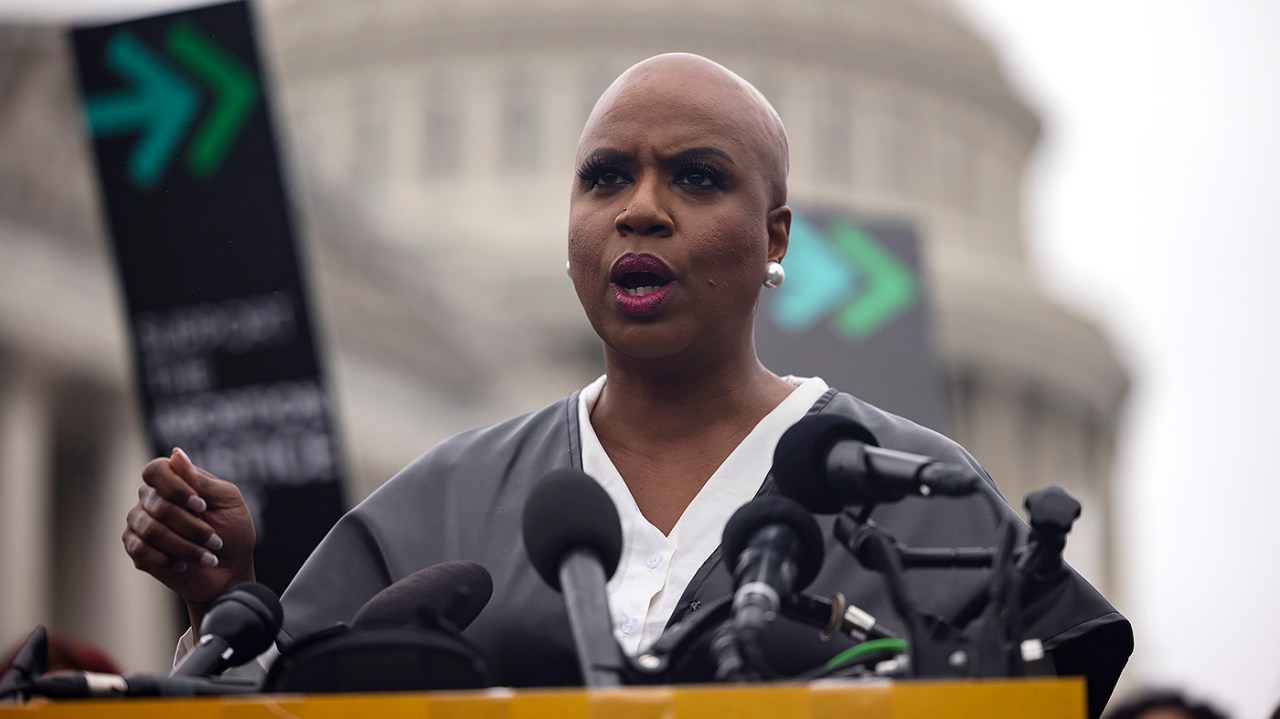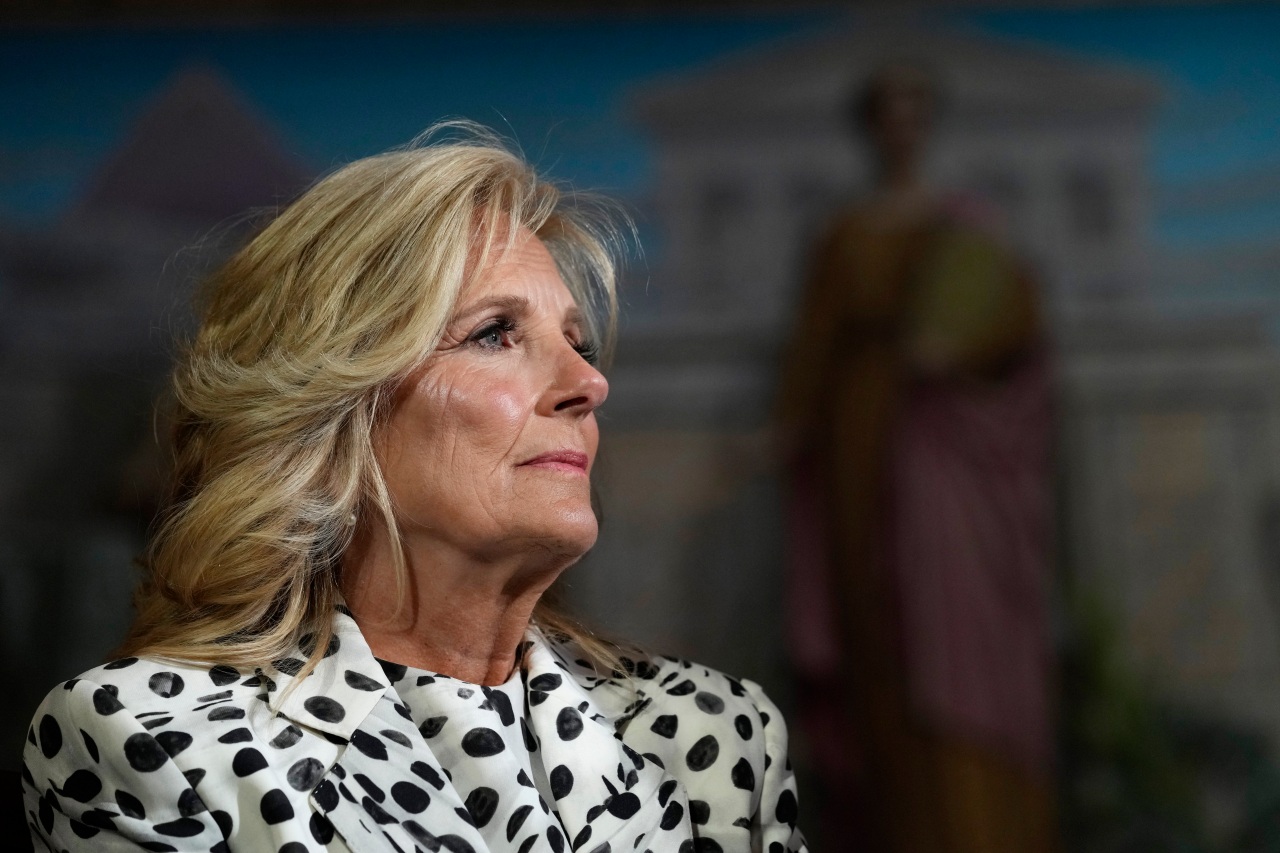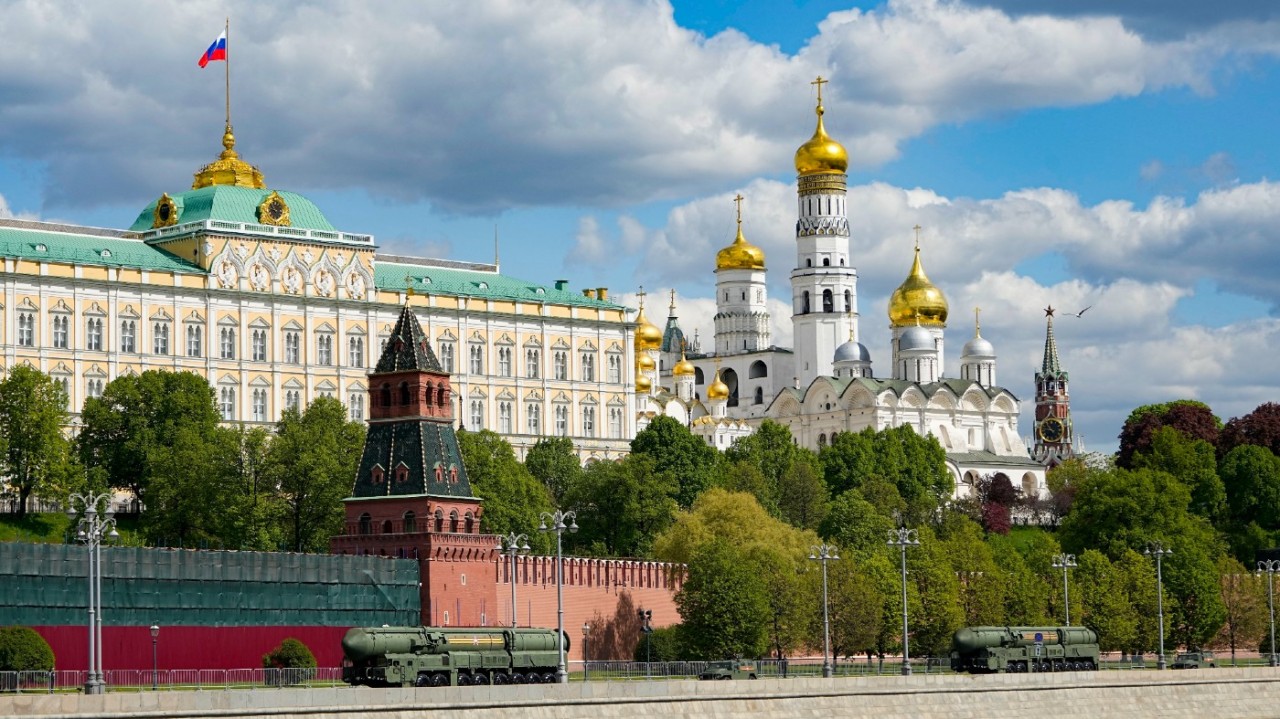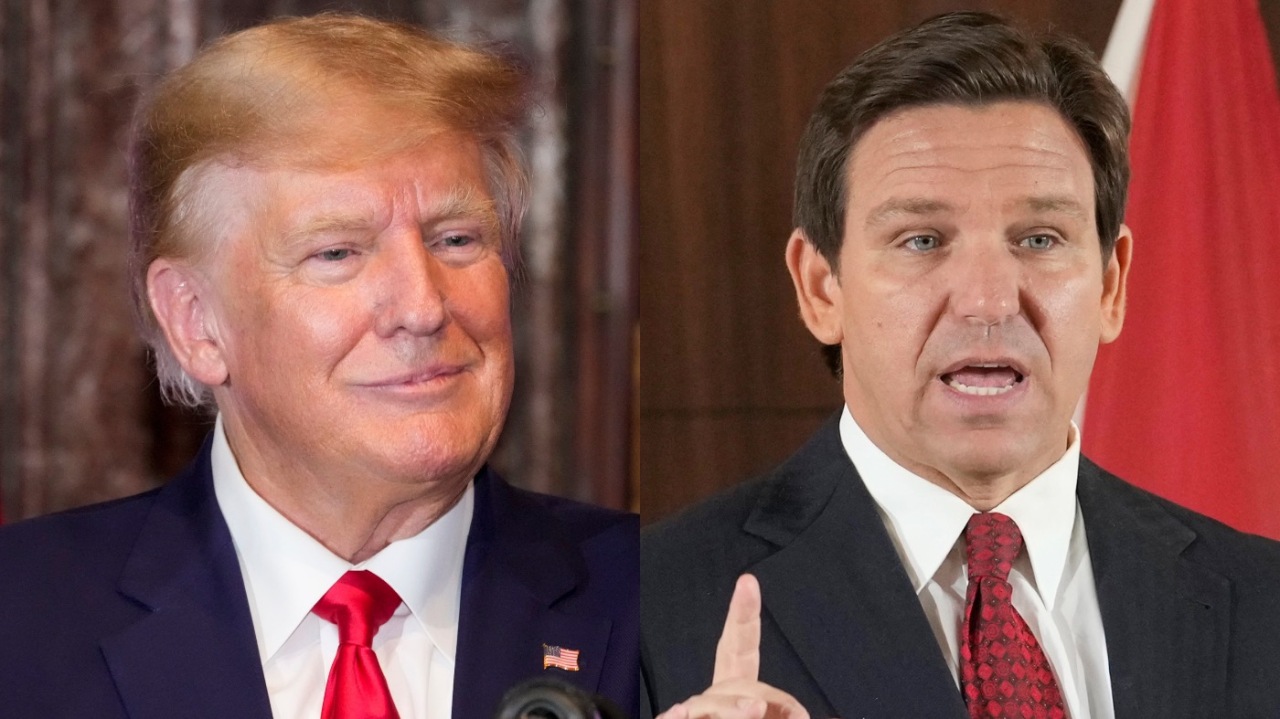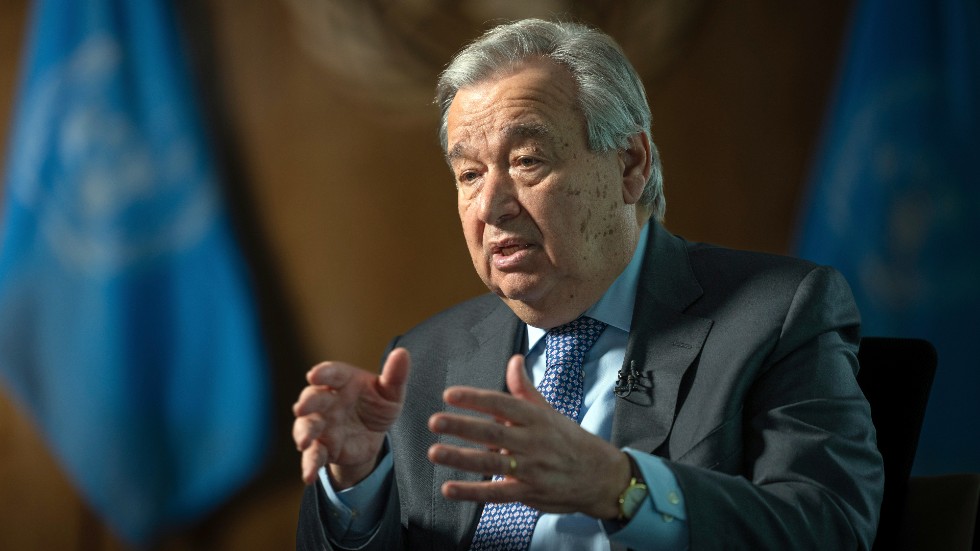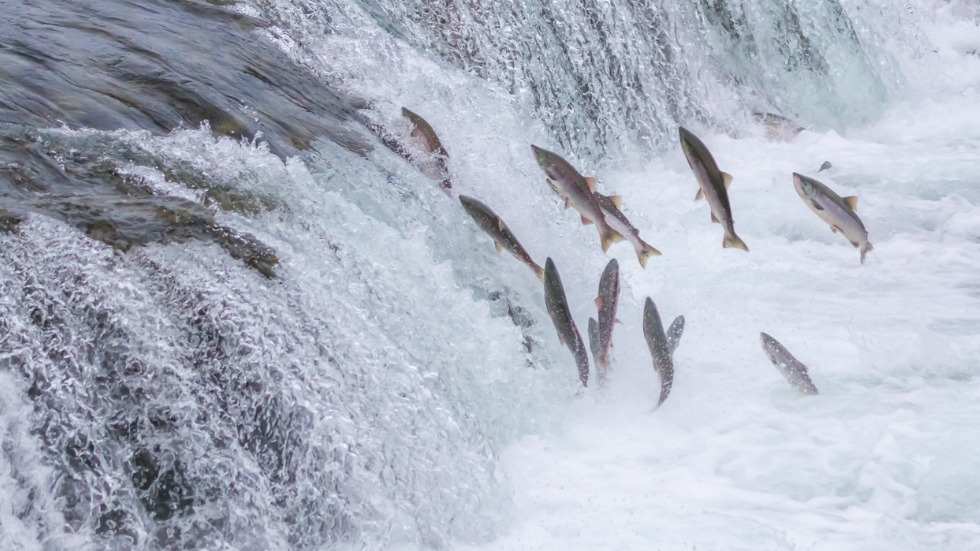(NEXSTAR) — Watch any old movie where the characters take a flight and it looks like a glamorous getaway in-and-of-itself — but the days of comfort in the skies are long gone for most of us. And it may not surprise you to know that air travel these days is designed to be less comfortable.
Have you ever heard of “calculated misery“? It’s the theory behind what we all know deep down: airlines want us to be miserable so we pay more for upgrades.
The idea was first distilled in this way back in 2014 by Columbia Law School professor Tim Wu for the New Yorker.
“Here’s the thing: in order for fees to work, there needs be something worth paying to avoid. That necessitates, at some level, a strategy that can be described as “calculated misery.” Basic service, without fees, must be sufficiently degraded in order to make people want to pay to escape it,” Wu writes. “And that’s where the suffering begins.”
Wu explains that under calculated misery, services or features that were once expected (think of leg room) are made worsened (leg room is reduced as rows are moved closer together). Want a little more leg room? You’ll likely need to upgrade your airfare to business or first class or even ordinary coach seats with added leg room.
Or think about boarding.
Why does it take so long to board planes completely — and why don’t we board planes in other, more efficient ways, than front-to-back? Profit, of course.
Airlines profit from prioritized boarding in several ways: 1) Frequent flyers or preferred customers must spend certain amounts in advance to earn status for priority boarding 2) the benefit of priority boarding makes more expensive fares more desirable than they might ordinarily be for some people and 3) flyers can pay to be included in higher boarding groups.
By creating these various micro-classes aboard the plane, airlines create more and more ways for customers to look for upgrades.
“Airlines have become experts at up-charging passengers for everything from checked bags to priority boarding to selecting a seat on the window or aisle, or toward the front of the cabin,” Eric Rosen, director of content at travel outlet The Points Guy told Nexstar. “It can be confusing for many travelers to understand what they’re getting for the extra money they shell out.”
A reminder of things that (generally) used to be free and now cost money: seat selection, checking at least one bag, A few services some flyers have reported being very unexpectedly charged for: checking in at the airport and printing out boarding passes.
With so many possible add-ons, how do you know what’s worth paying extra for?
“Whether it’s worth paying these upcharges will depend on your own preferences and needs, weighed against the cost,” TPG’s Rosen continued. “… In general, though, you might want to save your money to see if upgrades to premium economy, business or first class become available. With business travel still down from before the pandemic, many airlines are trying to fill their premium cabins by offering reasonably priced upgrades. Often you will see an offer to upgrade after you make your booking, either when you log into your airline account or via the airline’s app.”
Rosen also says you might consider paying to simply move closer to the front of the plane, since passengers can often count on perks like more free checked bags, free seat selection, and earlier boarding, in addition to higher-end drink and meal services.
Copyright 2023 Nexstar Media Inc. All rights reserved. This material may not be published, broadcast, rewritten, or redistributed.


